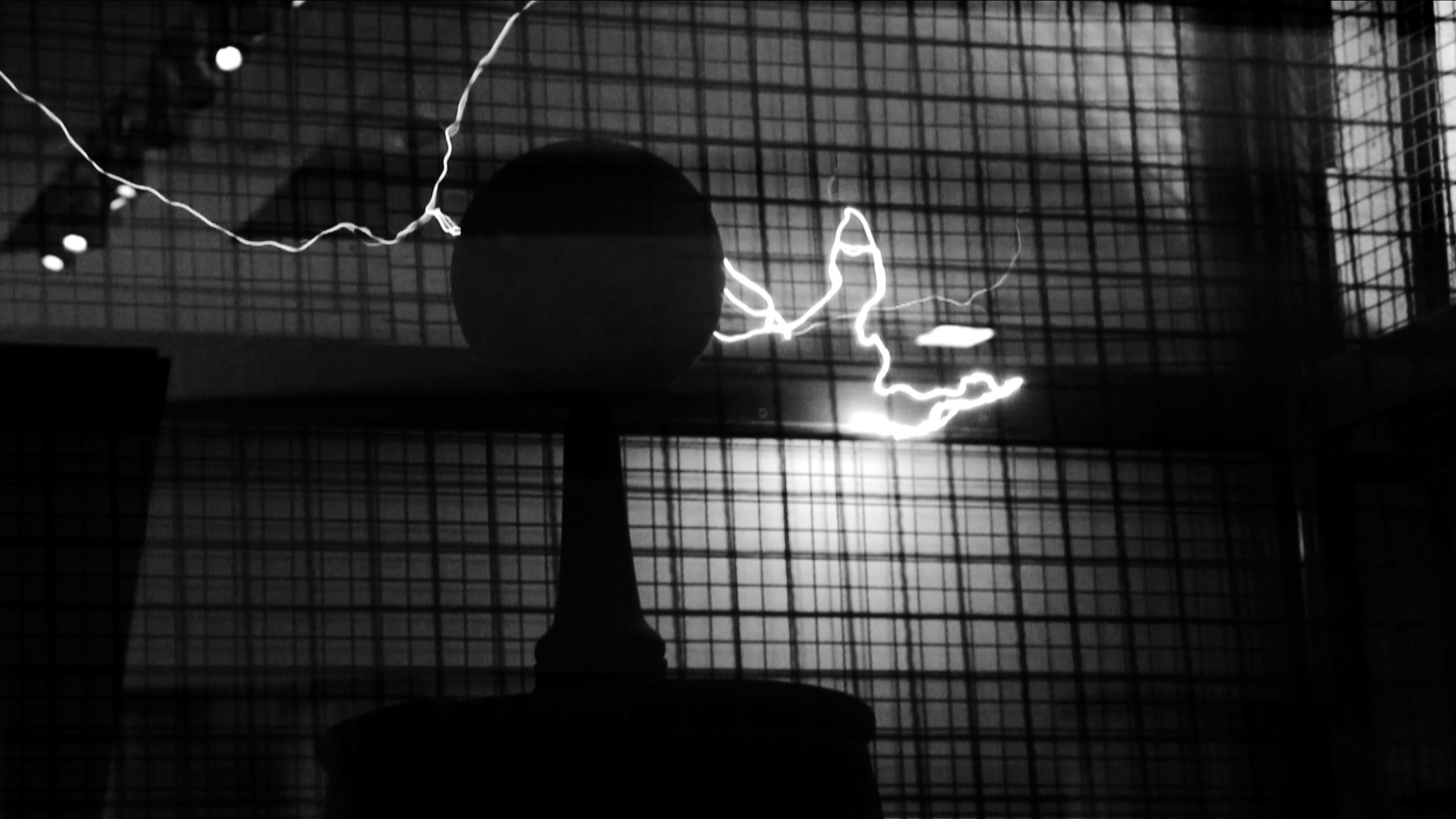The Scientology movement was founded in the 50s by
L. Ron Hubbard. In spite of being such a recent religion, it has spread
relatively widely, possibly because of its connection to Hollywood.
Another possible reason for the wide spread of Scientology is that it
mirrored societal tensions of the cold war, and offered answers to
questions that were brought to the fore at the time. During this
period, there was a wave of UFO movies in the Hollywood movie industry,
and the fear of an invasion was great - which could explain the panic
that spread in New Jersey when the H.G. Wells novel War of the Worlds
was broadcast as a radio play in 1938, and people thought the planet
was actually being invaded by aliens.
L. Ron Hubbard started his career as a science fiction author, before
transitioning to more existential literature, and even though it
isn’t highlighted, some elements from the former have been
brought to the latter.
The Scientologists often emphasize that L. Ron Hubbard travelled in
Europe and studied Freud and Jung. In Not an irrelevant trifle there is
an amalgamation of the texts of these three authors. Their theories of
psychology of religion are combined to give two perspectives; that of
the psychoanalyst and that of the protagonist. One tries to explain the
genesis of belief, whether it is belief in religion or UFOs, and the
other is about what a faith can offer on a personal level.
One of their common denominators is that they dwell on “the
Self”, partly through the individual’s relation to the
community and the society, partly through writing and collecting as a
way of remembering “oneself”. You can also see the personal
development that religion promises – One frees oneself from
unawareness and reaches one’s full potential.
Music by Patrik Boman.
|



